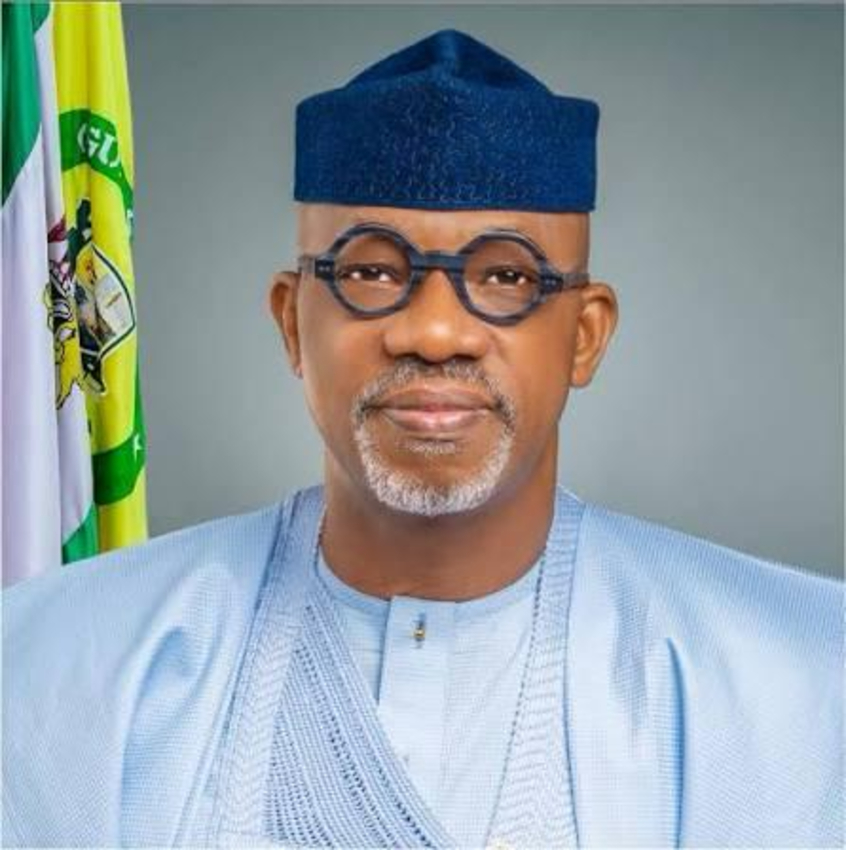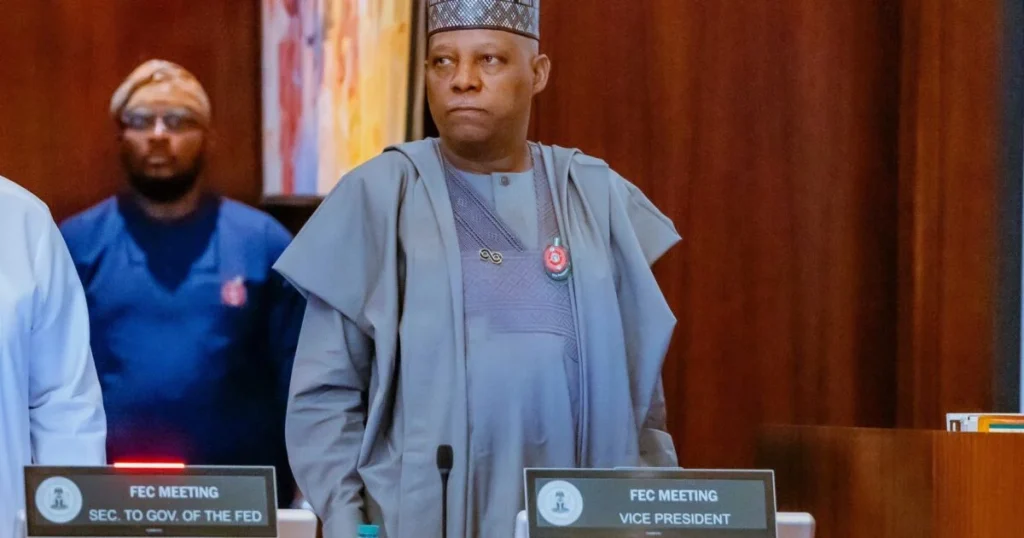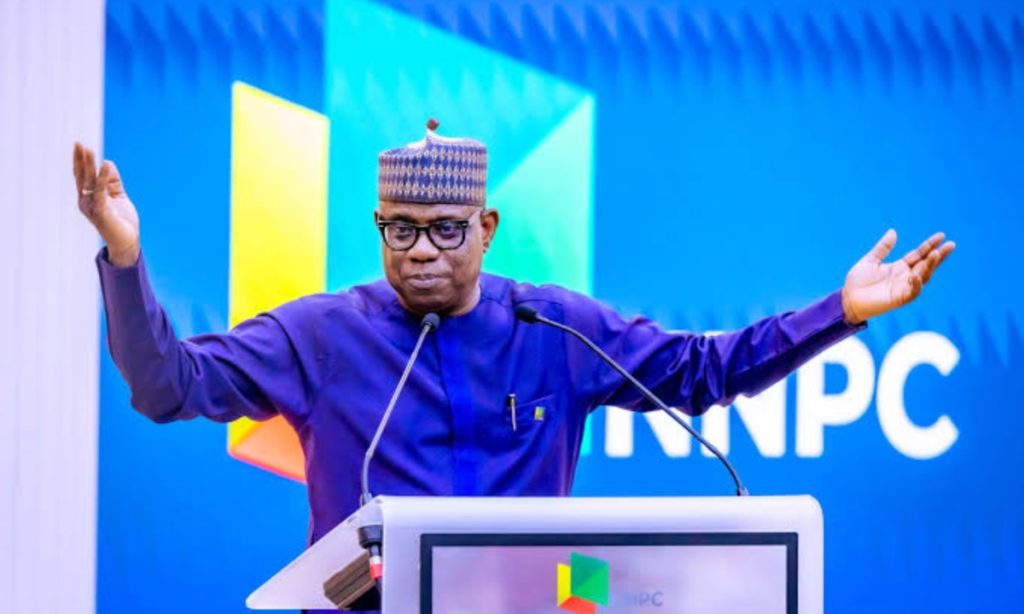New calls urging Meta, the parent company of Facebook and Instagram, to enhance safety measures for lesbian, gay, bisexual, and transgender (LGBT) individuals have amplified. A coalition of human rights organizations, including Human Rights Watch, Social Media Exchange (SMEX), INSM Foundation for Digital Rights, Helem, and Damj Association, launched the #SecureOurSocials campaign. This collective push seeks transparency and accountability from Meta to counter digital targeting and its grave real-world repercussions against LGBT communities.
The campaign stems from a rigorous Human Rights Watch report titled “‘All This Terror Because of a Photo’: Digital Targeting and Its Offline Consequences for LGBT People in the Middle East and North Africa,” published in February 2023. The report unveils alarming instances of security forces in Egypt, Iraq, Jordan, Lebanon, and Tunisia exploiting social media platforms, particularly Facebook and Instagram, to ensnare and torment LGBT individuals, leading to arbitrary detention and torture.
Rasha Younes, acting LGBT rights deputy director at Human Rights Watch, emphasizes that Meta, being a social media giant, must assert its global leadership to ensure the safety of all users, particularly marginalized communities like the LGBT population. The #SecureOurSocials campaign strives to engage Meta in publishing comprehensive data on safety investments and content moderation, both regionally in the Middle East and North Africa and worldwide, based on the recommendations derived from the Human Rights Watch findings.
The impact of digital targeting on LGBT people extends beyond the online realm, leading to dire consequences such as job loss, family violence, forced displacement, and severe psychological trauma. Furthermore, despite reporting instances of harassment, doxxing, and abuse on Facebook and Instagram, LGBT individuals often encounter apathy or inadequate responses from Meta, perpetuating their vulnerability.
To amplify awareness, Human Rights Watch collaborated with Lebanese drag pioneer Anya Kneez to create an informative video and an awareness guide, offering safety tips for LGBT individuals navigating social media applications.
While Meta has articulated policies to curb online abuse, Human Rights Watch’s scrutiny reveals inconsistent enforcement, with harmful content persisting on the platforms despite violating Meta’s own regulations. Moreover, there are documented cases of censorship targeting posts and accounts advocating for human rights causes, exemplifying broader content moderation challenges.
The #SecureOurSocials campaign posits concrete solutions, urging Meta to divulge its annual safety investments with transparent justifications, aligned with the associated risks, across various regions and languages in the Middle East and North Africa. Furthermore, the campaign underscores the importance of constructive dialogue between Meta and the human rights community, seeking accountability for the security of users on the platforms.
Amidst these developments, Human Rights Watch emphasizes that while social media companies like Meta bear responsibility in respecting and protecting human rights, the primary onus lies on governments to safeguard LGBT individuals against discrimination and targeting, both online and offline. They should promulgate and enforce laws to protect individuals based on sexual orientation and gender identity.
In conclusion, the #SecureOurSocials campaign underscores the imperative for Meta to fortify its commitment to user safety, particularly for vulnerable communities like the LGBT population. As the global discourse on digital rights and safeguarding marginalized groups gains traction, the onus is on social media behemoths and governments alike to uphold the fundamental tenets of human rights in the digital sphere.



